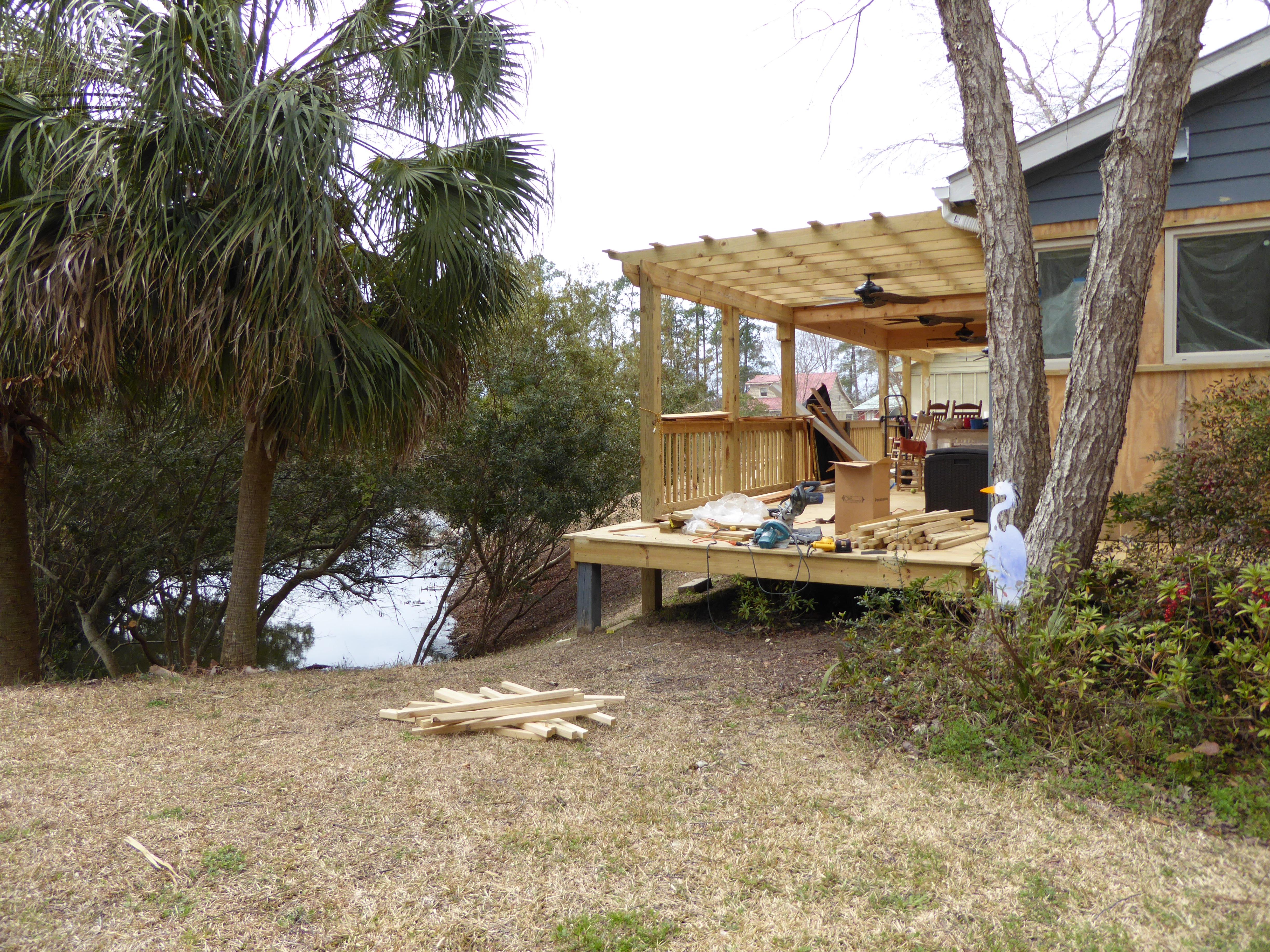
18 Oct Best ways to fund home improvements
Photo: jackietrains/morguefile.comQ. I need to do some home improvements, and I don’t really have the cash. I haven’t applied for a home equity loan. Is that the best way?
— Homeowner
A. Homeowners often tap their home’s equity to finance improvements.
It can be a very cost effective way to accomplish your goal.
It’s also a much better option when compared to a personal loan or using a credit card which would have higher interest rates, or even taking a loan against a retirement account, said Claudia Mott, a certified financial planner with Epona Financial Solutions in Basking Ridge.
Mott said a retirement plan loan shouldn’t even be a consideration.
She said there are several items to look at before undertaking your projects.
First, ask yourself if you’ll qualify for a home equity loan.
“Nowadays, banks have pretty strict lending requirements which means you need to have a good credit rating, stable income and enough equity in the house for the loan-to-value ratio to be under 80 to 85 percent,” Mott said.
Then you need to see if your budget can handle a new monthly payment.
If you’ve had trouble saving for these improvements, Mott said, it may mean your budget has no extra cash available and therefore the repayment of the home equity loan is going to leave you strapped each month. Take the time to understand your monthly cash flow and what level of payment is going to work for you, she said.
Next, look at how much you need to borrow.
Home equity loans come in two forms: closed-end loans are for a fixed amount, while a home equity line of credit, or HELOC, is a revolving line of credit where you borrow as much as you need.
“The payments for a home equity loan are generally fixed for the life of the loan making it a more predictable payment for budgeting purposes,” Mott said. “HELOCs typically have variable interest rates so the amount you pay can fluctuate from month to month.”
She said some lenders offer interest-only payment options on HELOCs, but a balloon payment will be required at the end of the term. Because the payment amount can vary, a HELOC may not be appropriate for those on a tight budget, she said.
Once you have an idea of which type of loan makes the most sense and what the payment will be, you’ll need to go back and determine if this fits your budget.
Another alternative source of fund for your project could be a cash-out refinance of your current mortgage, Mott said.
“If you have accumulated enough equity, you haven’t refinanced recently and your mortgage has enough years left that you are still making interest payments, this might be something to investigate,” she said.
Before making any decision, you should plan to speak with a number of lenders so that you can compare rates and terms of the different loans, Mott said.
Good luck!
Email your questions to Ask@NJMoneyHelp.com.
This post was first published in October 2016.
NJMoneyHelp.com presents certain general financial planning principles and advice, but should never be viewed as a substitute for obtaining advice from a personal professional advisor who understands your unique individual circumstances.
